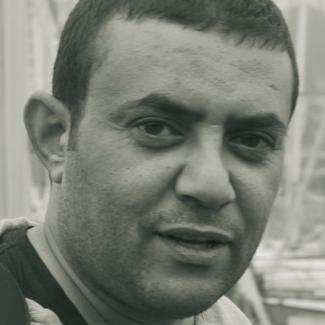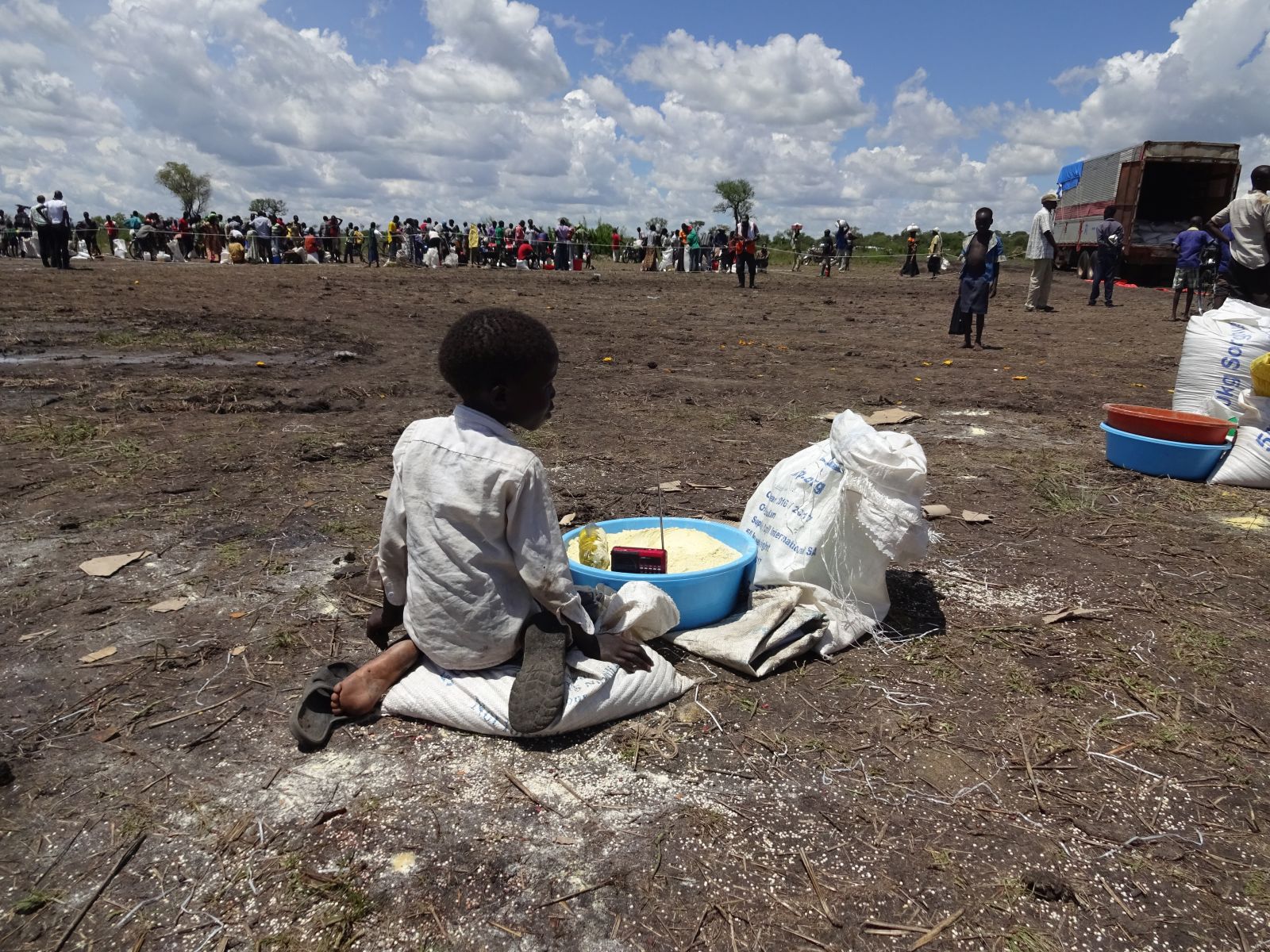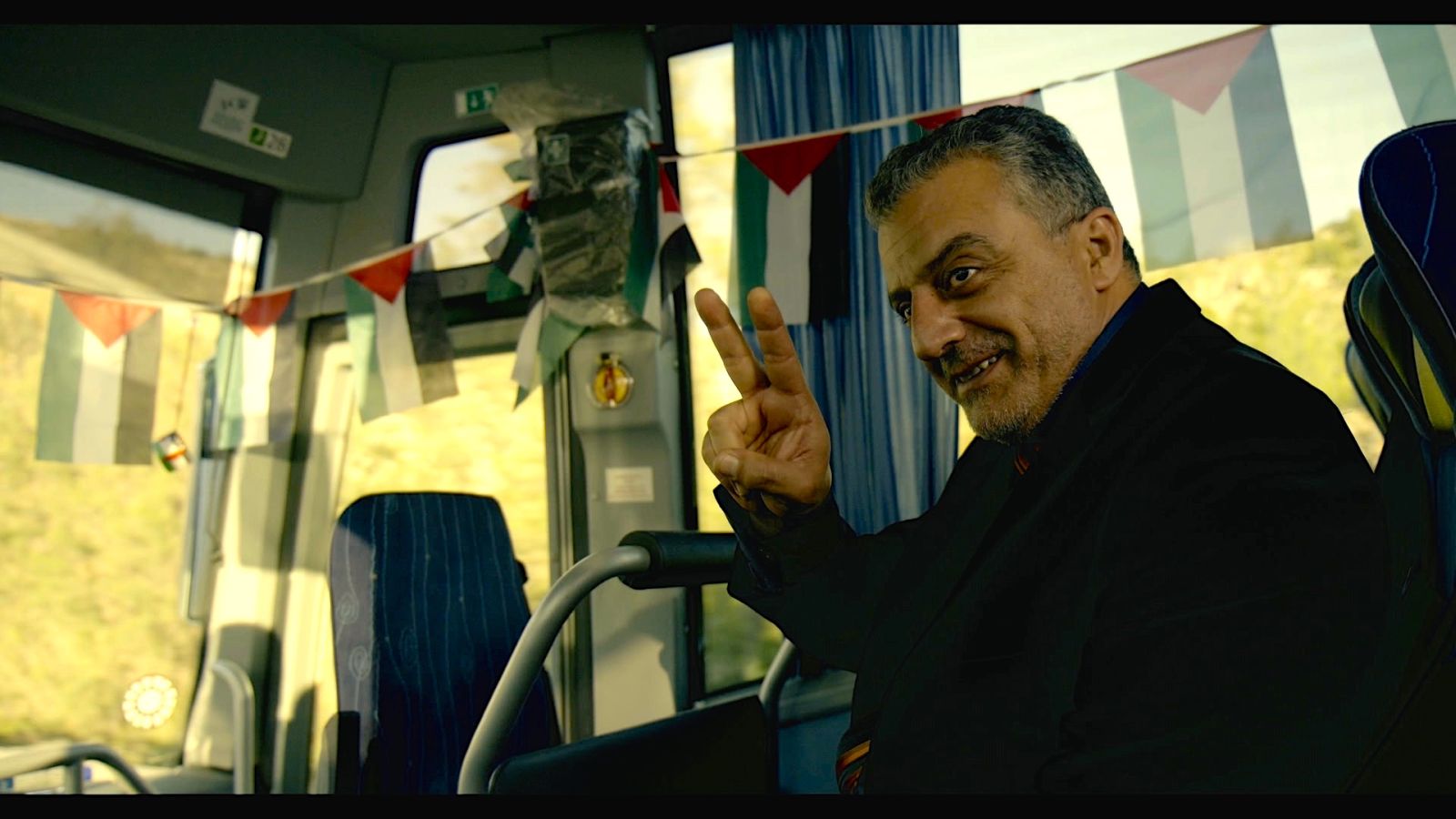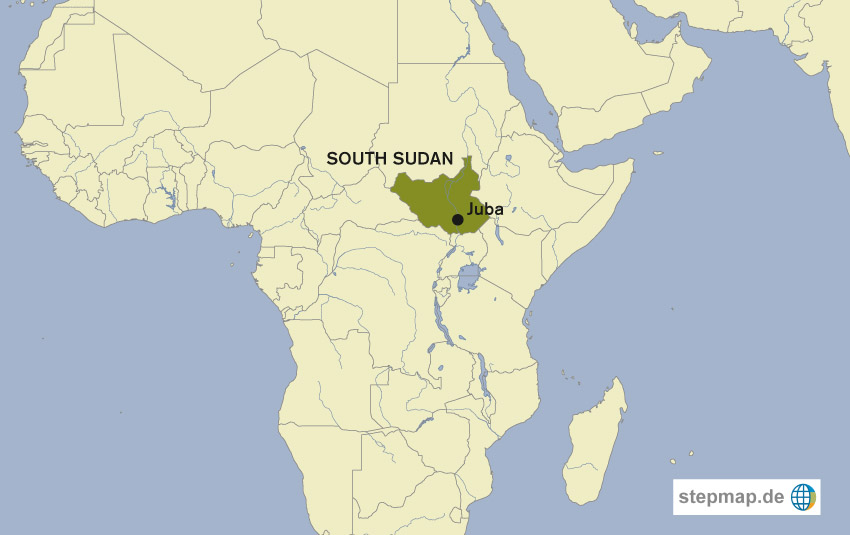War
Shell shocks during Ramadan
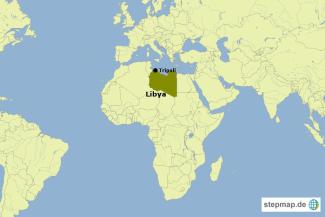
Ramadan is Islam’s holy month. People fast during the day and eat only at night. Prayers are an essential part of Ramadan. People are determined to practice it as always, despite all difficulties.
“No war, no danger, not anything will prevent people from going to the mosques,” says an Imam in Ain Zara district in the southeast of Tripoli. His mosque is full of people. “It’s normal – they feel strongly about their religion,” he points out.
The people living in the suburbs are the ones who suffer. Most clashes occur on the fringes of the city. The current fighting is more serious than what Tripoli has seen before.
“I hardly ever leave my home anymore,” says 65-year-old Mohamed Al-Jabu. “With the missiles hitting the city, I quickly go shopping in the morning and then to prayers at night.” What bothers him most is that prices of vegetables have increased by 300 %. Al-Jabu complains that the produce is “not even fresh”.
Many other residents of Tripoli have been forced to evacuate their homes, because remaining became life threatening.
Rawya Abokshem, a 26-year-old journalist, resides with her family in Qasr Ben Ghashir, a suburb south of Tripoli. The area is located in a very dangerous zone with heavy armed clashes on a daily basis. Therefore they temporarily moved, but “finding a house to rent to spend the holy month was very hard,” Rawya says. Due to the war, all prices in Libya have risen enormously, including rents.
She currently has a daily commute of 200 km, since many roads are “blocked by sand dunes and checkpoints by the rivalling sides,” she explains.
The World Health Organization (WHO) and local emergency teams in Tripoli have pointed out the terrible damages to people’s lives. Up to mid-May, some 60,000 residents have been displaced from their homes.
150 families are currently camping in Ain Zara Municipality Shelter Centre. Each family has on average seven members. Every day, “three to five new families arrive,” says Rabab Nur, a volunteer at the Emergency Committee at Ain Zara Municipality. The volunteers work hard to accommodate everybody, but the situation is hard due to the large number of people. “We have witnessed deaths and a case of miscarriage at the centre,” Nur recounts.
This year, the spirit of Ramadan is not celebratory in Libya, even for those who are not affected directly by the war. “Although our home is not far away from the clashes, we decided to stay,” says 33-year-old Asma Mousa. She and her family manage to feed themselves, but “thinking about all the people suffering makes us lose the joy of the holy Ramadan.”
Moutaz Ali is a journalist and lives in Tripoli, Libya.
ali.moutaz77@gmail.com
